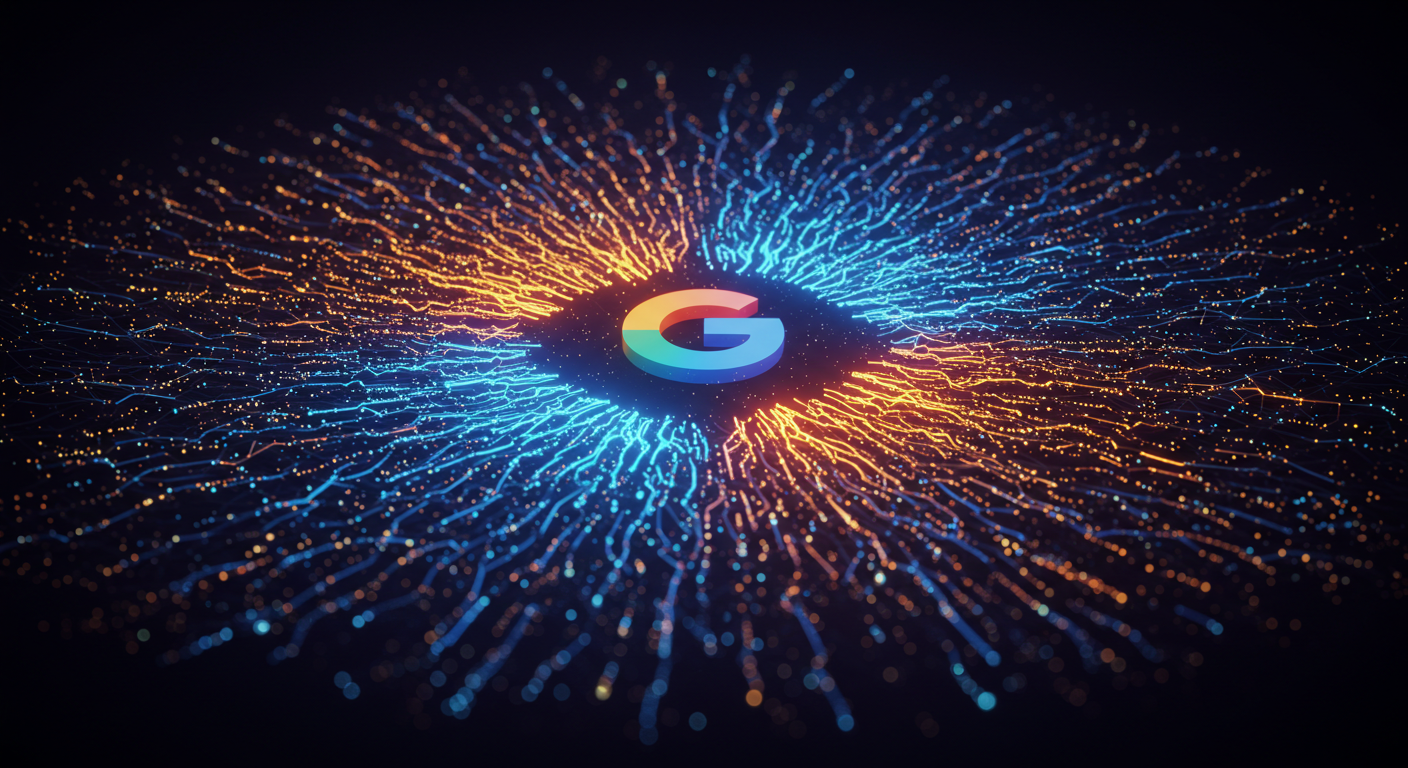The Spirit of Experimentation is Back at Google Thanks to AI
31-Aug-2025 10:00:00 AM • Written by: Mohamed Hamad

For a while there, it felt like Google had lost its way. The company that once gave us "moonshot" projects and 20% time for personal innovation seemed to be coasting. Google Search, its crown jewel, was getting cluttered and less reliable. The infamous "Google Graveyard" of cancelled products was growing, and Google Workspace felt stuck in second gear. It seemed like the tech giant was content to lean on its massive ads platform, letting the spirit of true innovation fade.
A Rude Awakening
Then came ChatGPT. OpenAI took Google's own invention, the transformer model, and created a product that captured the world's imagination. Suddenly, Google looked like it had been caught sleeping at the wheel.
Their first response, Bard, was a scramble. It was buggy, slow, and often gave bizarre or just plain wrong answers. Early versions of its AI-powered search suggested adding glue to pizza and eating rocks. It was a rough start, and for a moment, it looked like Google might have actually missed the boat on the next big wave in tech.
From Fumbling to Fighting Back
But something funny happened on the way to the graveyard. Google started fighting back.
In the last year or so, we've seen a dramatic shift. Gemini, the successor to Bard, is not just a competitor to ChatGPT; it's a powerful and rapidly improving model that's being woven into the fabric of Google's entire ecosystem. From Android phones to watches and chat apps, Gemini is learning, adapting, and showing up in genuinely useful ways. They've launched AgentSpace for enterprise clients, signalling a serious push into the business world.
The Return of the Google Playground
But this isn't just about catching up. It's about that old Google spirit of tinkering and experimentation making a comeback. While the core products are getting smarter, the real excitement is happening on the fringes. Google is playing again, and it's fun to watch.
They're launching a whole slew of creative, sometimes weird, and often wonderful AI-powered tools that feel like a throwback to the old Google Labs. For creatives, there's Whisk, an image tool that lets you mash up a subject, a scene, and a style to generate something entirely new. For video creators, VEO3 is their answer to the new wave of text-to-video models, capable of producing high-quality, cinematic clips from simple prompts. And for designers, Stitch is an experimental tool for "vibe UX design," helping to brainstorm and visualize user experiences.
The playground is open for developers, too. Gemini Code Assist is being integrated into tools like VSCode for "vibe coding," a more intuitive way to write code. They've also open-sourced the Gemini CLI, a command-line interface for direct access to the model, and have now publicly launched Jules, an agentic coding AI that can take a development task, create a plan, and execute on it to rival competitors like Claude Code and OpenAI's Codex.
Perhaps most ambitiously, there's Opal, an AI workflow builder that aims to blend all of Google's multi-modal models. The idea is to let users create their own mini-apps and automated workflows, putting it in potential competition with platforms like N8N or Make.com.
Hungry Again
This is the Google that many of us have missed. The one that isn't afraid to throw things at the wall and see what sticks. The one that builds interesting tools just because it can. The pressure from OpenAI and the broader AI boom seems to have done what years of market dominance couldn't: it made Google hungry again.
The spirit of experimentation is back. And it's being powered by the very technology that threatened to leave them behind. It's a good reminder that a little competition can be a very good thing.
Final Thoughts
Google's renewed spirit of experimentation is about more than just launching new apps; it's a fundamental shift in how they see the future of computing. They're looking at AI beyond the chat interface and are trying to weave its models into as many places as possible. From chat to code, design to image creation and video storytelling, Gemini is becoming a core part of the creative and development process.
But it's not stopping there. With the launch of the latest Pixel 10 phones and Fitbit watches, Gemini is becoming a guide to Android users daily lives—helping take the perfect photo, suggesting a workout on your watch, or translating a conversation in real-time. It's a push to become THE ubiquitous AI.
Are we getting closer to the ambient computing we've seen in sci-fi movies, where we just talk to the ether and things happen? Is this the "Computer" from Star Trek or the AI from "Her"? We shall see. But I, for one, am excited to see where this is going.
Whats your favourite new Google AI Tool?
Mohamed Hamad
Mohamed Hamad is the founder of Third Wunder, a Montreal-based digital marketing agency, with 15 years of experience in web development, digital marketing, and entrepreneurship. Through his blog, "Thought Strings", he shares insights on digital marketing and design trends, and the lessons learned from his entrepreneurial journey, aiming to inspire and educate fellow professionals and enthusiasts alike.
